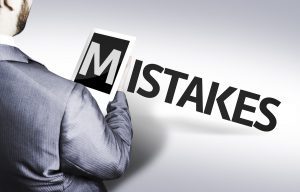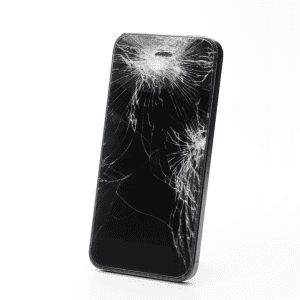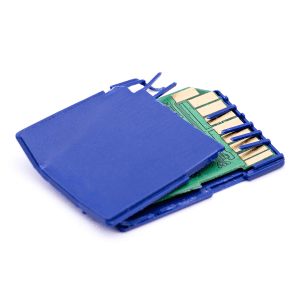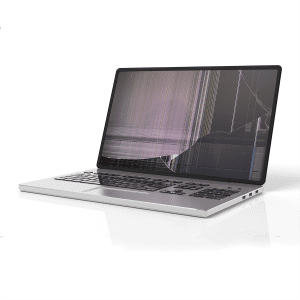Common Mistakes in Selecting a Digital Forensics Partner
Digital forensics is an increasingly common part of IP theft, family law and criminal and civil cases. If you’re looking for a digital forensics partner to help with your case, don’t make these common mistakes:
MISTAKE #1: Hiring the IT Guy
Some attorneys are tempted to hire a sharp, knowledgeable IT expert to help them with the digital evidence in their case. However, technical expertise is only a part of what you need to analyze the digital evidence for your case. You also need to ensure that the analysis will actually hold up in court. That’s where an accredited digital forensics lab comes in.
A certified digital forensic examiner at an accredited lab will:
- Follow an explicit, repeatable process to secure, preserve and analyze the data
- Prepare a report of findings that can be easily understood by a non-technical attorney or judge
- Can effectively defend his or her findings in the face of a contentious cross-examination
The real question you need to ask yourself about a forensic expert is not whether that person can get the data from the device, but whether their analysis will hold up in court.
MISTAKE #2: Misunderstanding Certifications for Expertise
Certifications are a crude way to judge the expertise of a digital forensics examiner. Some certifications, like ‘EnCE’ and ‘ACE’, are offered by forensic software vendors to certify knowledge of how to use specific software tools. In the legal world, this is like being a certified expert on Lexis/Nexis. It’s valuable and it may be necessary, but it doesn’t mean you’re a good lawyer.
If you want to look at certifications, make sure one of them is ‘CFCE’ – Certified Forensic Computer Examiner. The IACIS offers this certification that focuses on core digital forensics competencies and processes rather than just the tools.
Beyond certifications, you might want to ask about:
- Lab accreditations
- Sample findings reports (redacted)
- Experience testifying in court
MISTAKE #3: Not Allowing Enough Time for the Analysis
By far the biggest mistake that we see attorneys make is to underestimate the time it takes to complete a proper digital forensic analysis. There are parts of the digital forensics process that can be expedited and parts that can’t. This is by design.
The goal of a professional digital forensic examiner is to complete a transparent, repeatable forensic process based on a comprehensive analysis of the available data, and deliver an understandable set of findings that can stand up in court.
For example, you may want to hire a forensic expert to produce a set of communications between two parties. At some level, this seems simple, but that involves creating a forensic image of each device in question so that the analysis can be repeated if necessary. Then, the examiner needs to analyze every bit and byte on the digital media to ensure that they find all the relevant communication.
Regardless of how tightly scoped the engagement, the process is largely the same in order to satisfy the requirements of the court system.
If you need the support of an experienced, accredited digital forensics lab for a family law case, contact Flashback Data today. Our digital forensics lab is accredited under the same process as the FBI and state crime labs and can support the timing and information needs of your family law case.
CALL 866-786-5700 FOR A FREE CONSULTATION!








